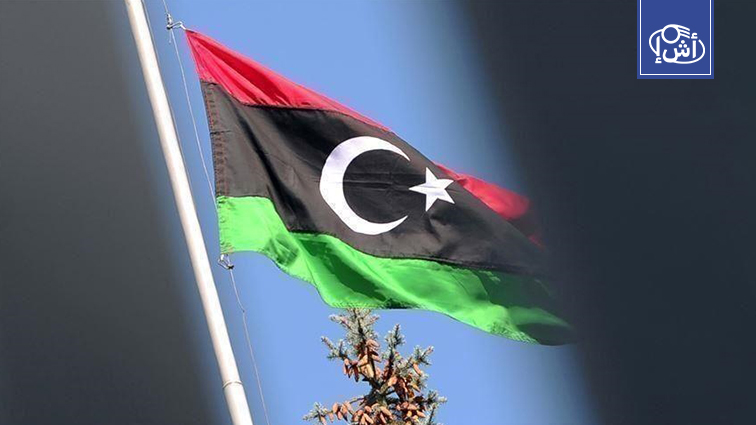The United Nations Support Mission in Libya called for adopting a comprehensive approach that includes all Libyan parties, in order to reach a sustainable political solution that ends the current crisis in the country.
This statement came in the wake of an expanded meeting held in the Egyptian capital, Cairo, on Thursday, which brought together about 130 figures from the House of Representatives and the Supreme Council of State
The meeting, which was held in Cairo, witnessed participants calling for the formation of a single new government, emphasizing the importance of holding parliamentary and presidential elections in accordance with the laws issued by the House of Representatives and drawn up by the 6+6 Committee.
In its statement, the mission stressed the need for the members of the two councils participating in the Cairo meeting to build on what was agreed upon, and work to involve other Libyan parties to ensure reaching politically implementable solutions. The statement stressed the importance of future steps being comprehensive and ensuring a clear path towards elections.
In a related context, the mission welcomed all efforts aimed at achieving a Libyan consensus that would contribute to facilitating a Libyan-led political process and lead to the holding of national elections.
There was no comment from the National Unity Government headed by Abdul Hamid Dbeibeh regarding the results of the Cairo meeting.
On the other hand, the Speaker of the House of Representatives, Aguila Saleh, announced on Thursday the start of procedures for forming a unified government in the country.
It should be noted that Abdul Hamid Al-Dbeibeh has stated on several occasions that he will not step down from his position until elections are held, and a new authority is chosen, despite the pressure exerted by Parliament to form a new government.
The participants in the Cairo meeting had called for opening the door for candidacy to head a government of new competencies capable of managing the country’s affairs, in a step aimed at resolving the political conflict that the Libyans have been suffering from since the beginning of 2022, which led to the existence of two competing governments: one in the east, headed by Osama Hamad. The other is internationally recognized and based in Tripoli, headed by Abdel Hamid Al-Dbeibeh.
Egypt.. A woman returns to life after her death was announced in Beni Suef
